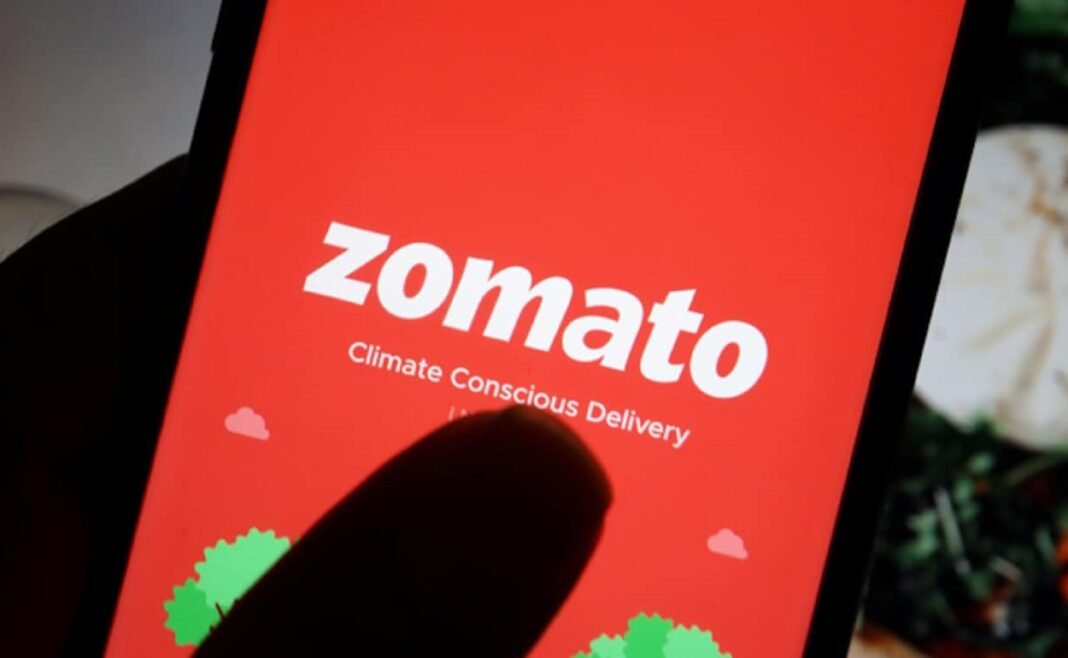Zomato, a popular food delivery platform, is currently facing significant criticism for its recent ‘kachra’ campaign, which has sparked a strong backlash among internet users. The campaign, aimed at promoting cleanliness and raising awareness about food wastage, has stirred controversy due to its controversial approach.
The ‘kachra’ campaign by Zomato featured a series of advertisements showcasing visually unappealing and messy meals, deliberately designed to elicit a strong reaction from viewers. By highlighting the consequences of wasting food, the campaign aimed to discourage such behavior. The ads prominently displayed the tagline, “Don’t waste food. Don’t be kachra,” using the Hindi term for “garbage” or “trash” to convey a direct message urging people to avoid food wastage.
However, the campaign has faced backlash, with internet users expressing their dissatisfaction and criticizing Zomato for its approach. Some users argue that the ‘kachra’ advertisement was not a random incident but a calculated action, potentially sanctioned by higher-ups within the company. Additionally, there have been accusations that Zomato harbors casteist biases, further fueling the controversy.
As the criticism mounts, Zomato finds itself at the center of a public debate on the appropriateness and effectiveness of its campaign. While the intention behind raising awareness about food wastage is commendable, the choice of visuals and the use of the term ‘kachra’ have garnered negative reactions.
Zomato has yet to respond to the criticism surrounding its campaign. The company may need to address the concerns raised by internet users and clarify its intent to alleviate the controversy surrounding the ‘kachra’ campaign.
As discussions continue to unfold, it remains to be seen how Zomato will navigate this situation and whether it will make any changes or provide further clarification to address the concerns raised by its users.
This controversy underscores the importance of sensitive messaging and the need for companies to be mindful of potential unintended consequences while attempting to raise awareness about critical issues like food wastage.




